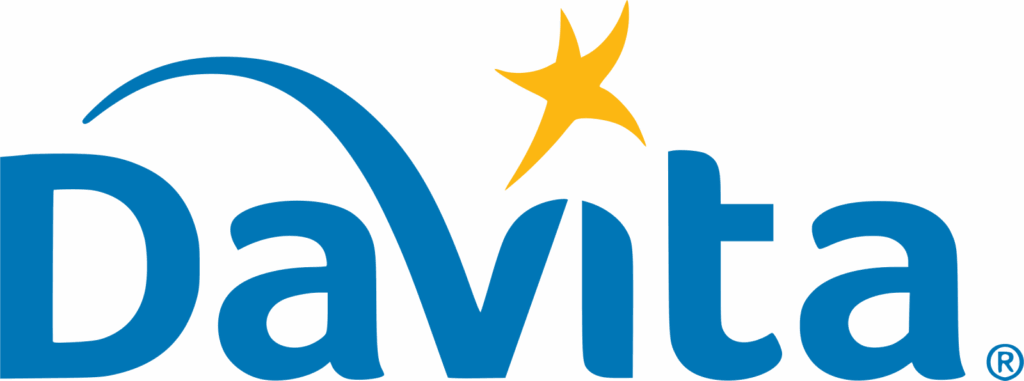
In technology, as in fashion, it seems that everything old is new again. Hosain Rahman, the founder of wearables pioneer Jawbone ,which shuttered last year, has told Recode’s Kara Swisher that he is relaunching the company as Jawbone Health.
Jawbone was one of the first companies in the wearables space, raising more than $900 million in funding over its 18 year history, but folded under increased pressure from competitors including Apple and Fitbit, who it sued for stealing trade secrets.
The first inklings of the plan to relaunch as Jawbone Health came out last year after the company ceased production of its fitness bands and sold off the rest of its inventory.
Ironically Fitbit, Jawbone’s biggest competitor in the consumer wearables space has seen its position in the industry slip as Apple continues to gain ground with the introduction of new health-oriented features on its Apple Watch.
Reports at the time said that Rahman decided to eschew the consumer wellness space and relaunch the company as a health IT and device company called Jawbone Health focused on the clinical space.
Now, those plans have come a little bit more in focus.
According to Rahman the restructured company was created with the help of Dubai-based investment group Meraas, who bought out the health assets of the old Jawbone company.
The reformed company, which has about 110 employees compared to 600 at Jawbone’s peak, has found new life as a medical subscription service that Rahman describes as a “check-engine light” for humans.
“Look, two-thirds of all deaths today are lifestyle-disease related, which means it’s just bad living, right? But the reality is, if you catch that stuff early and you change your behavior or whatnot, you can push out half of those deaths and save 70 percent of the cost,” Rahman told Recode.
“The problem is, we have no information. We don’t know where we stand. What’s going on with us, right? We have half a million minutes a year in our lives. If you’re good, you spent 15 minutes a year with a doctor, maybe four times a year. That’s a very small percentage of the population. So the idea is to give people tools.”
Jawbone Health will still rely on a wearable to collect data, but the company will be largely platform agnostic, partnering with other device makers and able to accept data from the Apple Watch and iPhone. A real focus is on developing clinical validation for the company’s sensor technology through published trials.
“Our device is to showcase what’s possible, and the idea is to let other people build on our sensor technology because we’ve proven that’s it’s clinical grade,” he said.
The company has also partnered with Salesforce to take advantage of the enterprise software company’s Health Cloud so that users can easily share secure data with physicians.
As for what he’s learned from his previous roller coaster ride as an entrepreneur, Rahman was contrite, yet optimistic.
“I think we absolutely overreached on valuations, and picking the wrong partners, and end up agreeing to structures that just weren’t right for us. And I think we probably should have taken a step back, slowed down, rebuilt, built a solid foundation that was better to scale from, and gone slower,” he told Recode.
“But I think that what you need is the ability to be optimistic, lead a charge, because that’s what it takes to break new ground and do something new. If you weren’t optimistic and just pessimistic, you’d never take these risks and these challenges on. So you need that. But you also have to be really grounded in the realities of where you are, and that’s a hard duplicity, right, of going back and forth.”










